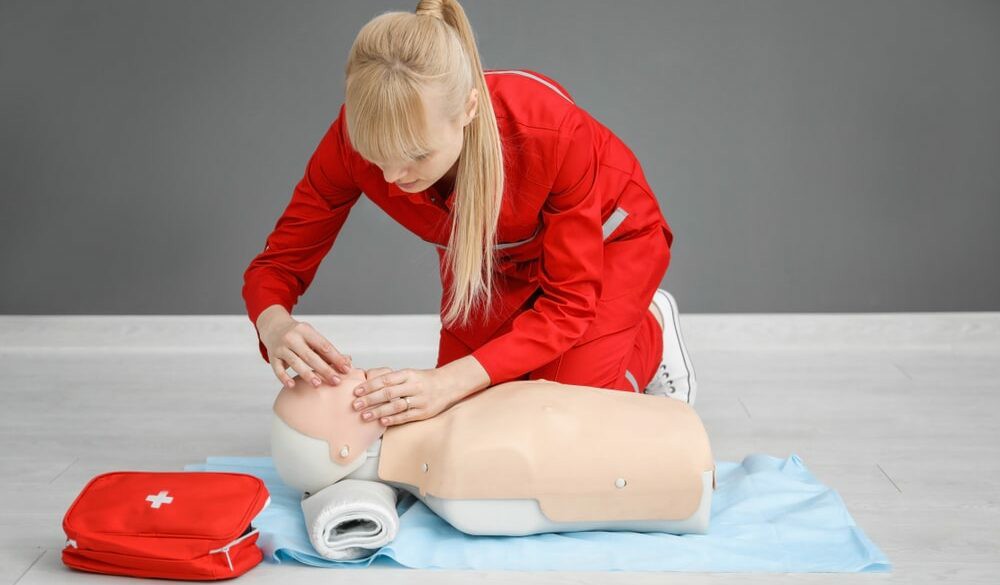


 349,500 Offered Certificates
349,500 Offered Certificates
 24/7 Online Training
24/7 Online Training
 Money Back Guarantee
Money Back Guarantee
 Fully Accredited Courses
Fully Accredited Courses

Created at: 25-02-2025 17:08
In today’s fast-paced workplace environment, the importance of having comprehensive First Aid and CPR training cannot be overstated. In cities such as Dublin, Cork, Galway, Limerick, Waterford, and Belfast, businesses face unique challenges regarding employee safety and compliance with health regulations. This blog post delves into the significance of First Aid Certification and how thorough training equips individuals and organizations to handle emergencies effectively.
Obtaining a First Aid Certification or enrolling in a detailed First Aid Course provides numerous advantages:
Understanding CPR techniques is a crucial component of First Aid training. Here's a quick overview of vital CPR steps:
Mastering these skills can save lives, emphasizing the need for ongoing training and practice.
Employers are legally obliged to implement first aid training and ensure compliance with the Health and Safety at Work Act. Regular training is essential to meet these standards while also fostering a compliant atmosphere.
Ensuring that every employee is aware of basic workplace emergency procedures is vital:
Choosing between conventional classroom instruction and an online First Aid course can depend on various factors such as accessibility and learning styles. Online courses offer:
Conversely, in-person training provides hands-on experience, essential for building confidence in applying skills.
Statistics show that companies with trained first aiders often experience lower accident rates. Regular First Aid Training for Employees can help to:
In conclusion, investing in comprehensive First Aid and CPR training is a proactive step towards improving workplace safety and complying with Irish health regulations. Providing your team with the necessary skills ensures they are prepared to handle emergencies effectively. Enroll your team today in accredited First Aid & CPR training courses by visiting Ireland Safety Training, or contact us at [email protected] for direct inquiries.